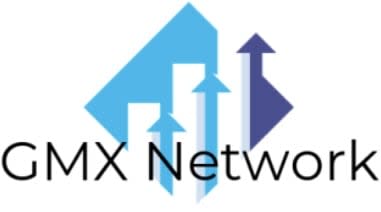
Digitalisation

Our world is becoming increasingly digital. The public are used to shopping and transacting online and our businesses are increasingly reliant on digital processes. This can speed up processes that in the past took extra time, cost, and travel. But in its place comes a demand for near instantaneous information. Customers and the general public increasingly expect to know where works are and the impact it is likely to have on them. Delivering more efficient and effective works will help meet the dual challenges for local authorities and central governments of greater efficiency and speed of works, whilst also helping to reduce administrative and cost burdens for industry. We should instinctively challenge any ‘business as usual’ approach that does not deliver information and works at a fast pace to keep road space available.
Critically, the sector has already glimpsed the challenges posed by introducing digital systems and in the coming five years there will be calls for more digital change, not less. We cannot be a passenger in this work, as it risks our ability to deliver the high quality of works expected of us. As a result, we must be clear on our priorities and how we can drive digitisation that truly benefits the sector. If we are to help build a digital future that benefits our members, meets the expectations of our partners in government and provides the service customers and the wider public need, we must know our aims for the digital future.
GMX Network believe that key to this is ensuring greater transparency of information. Greater transparency can help to keep customers informed, demonstrate the quality of work being undertaken and the scale of economic value it brings. It can also help to underpin important benchmarking and ask important questions about how these projects can be improved, whilst rightly championing teams leading the way. Transparency can go further, by aiding organisations to work together more seamlessly with other utilities and local authorities, and being a strong empirical basis for government to consider incentives for strong results. Together, this will drive performance improvement and deliver the service and information that will help consumers, utilities, local authorities and government to do more. A digital future should also support all parties to better understand the sector through analytics. Better data drives better operational decisions. Digital solutions must be used to overcome barriers that utilities, highways authorities, the public and partners face and not create new or larger bureaucracy that adds extra burdens. Managing this and prioritising the effective planning and decision-making surrounding works over the next five years will help achieve a step change that everyone can recognise as a benefit.
“Digital problems require digital solutions, and the street works sector is not exempt from that. We must harness the power of data and analytics to enable us to work faster and smarter, and overcome any cultural or bureaucratic barriers.”
Areas Covered
Contact
Office location
The Future Works, 2 Brunel Way, Slough, SL1 1FQGive us a ring
0333 339 9713Send us an email
[email protected]Other website
www.gmxnetwork.coSend Us A Message
Tell us how can we help you.
